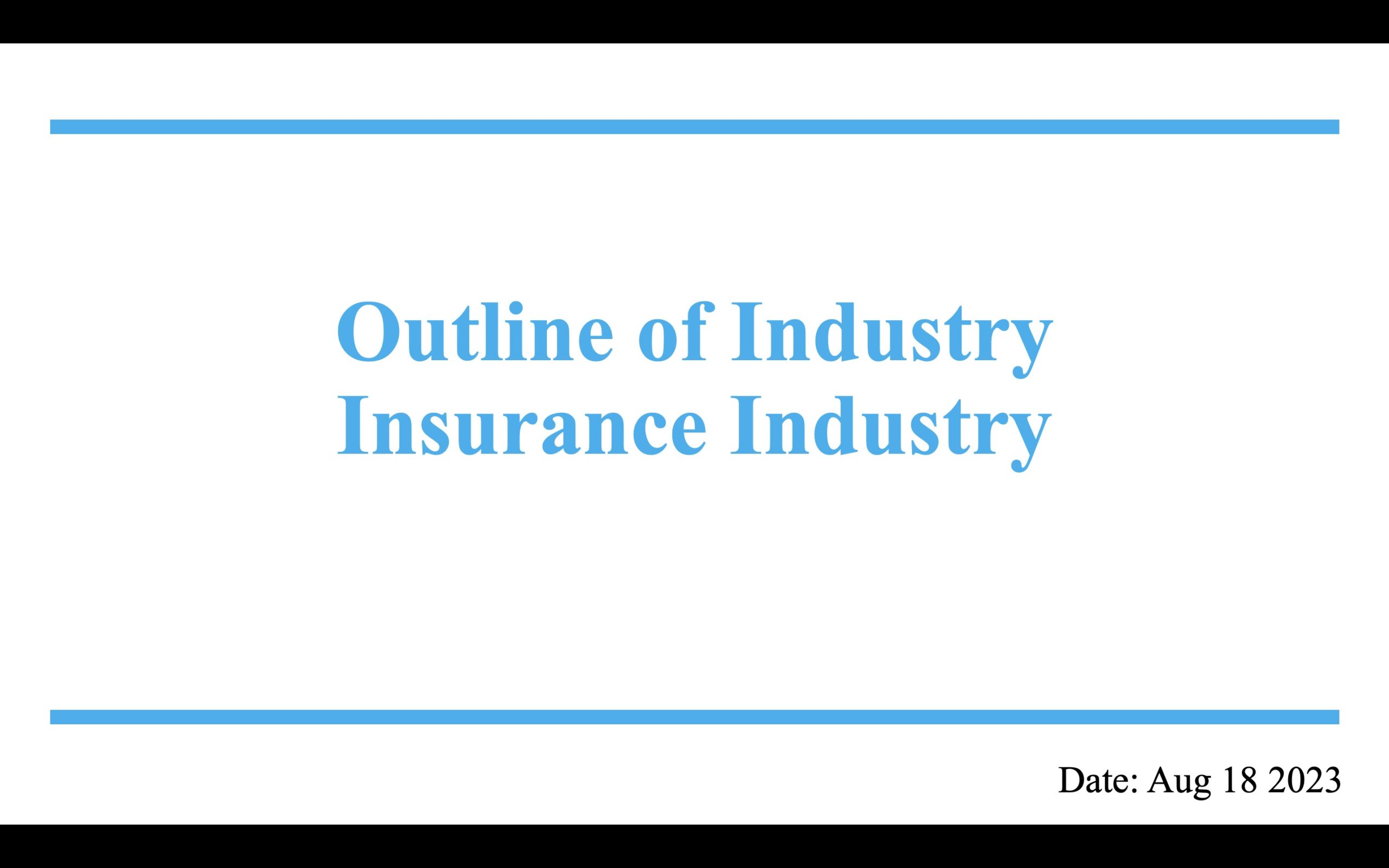The insurance industry plays a crucial role in protecting individuals, businesses, and communities against financial loss. It provides a safety net against the risks and uncertainties of life, offering a range of products and services designed to manage and mitigate financial risks. In this essay, we will explore the history of the insurance industry, its current state, and its future prospects.
The history of the insurance industry dates back to ancient times, with evidence of insurance-like practices in Babylon, China, and Greece. Over the centuries, the industry has evolved and grown, with the development of new products and services and the growth of large insurance companies. The 20th century was a particularly significant period in the history of the insurance industry, with the introduction of new technologies and the rise of new forms of insurance, such as health and life insurance.
Today, the insurance industry is a highly competitive and complex sector, with a wide range of players, including traditional insurance companies, brokers, and fintech startups. The industry is characterized by rapid change, with new technologies, such as artificial intelligence and the Internet of Things (IoT), transforming the way insurance products are designed and delivered. The growth of digital technologies has also created new opportunities for the industry, with the rise of online insurance and digital insurance platforms.
The current state of the insurance industry is shaped by a number of trends and factors, including the impact of the COVID-19 pandemic, the growth of fintech and digital insurance, and increased regulation and scrutiny of the industry. The pandemic has accelerated the adoption of digital insurance, with many consumers and businesses turning to online and mobile insurance products, and has also led to increased scrutiny of the industry, with calls for greater regulation and oversight. At the same time, the rise of fintech has disrupted traditional insurance services, with new players entering the market and offering innovative and more affordable products to consumers.
The future of the insurance industry is uncertain, with a range of potential outcomes depending on a number of factors, including technological developments, economic trends, and regulatory changes. On the one hand, technological advancements have the potential to transform the industry, making insurance products more accessible and convenient for consumers and businesses. On the other hand, there are concerns about the impact of these technologies, including cybersecurity risks and the potential for increased inequality and financial instability. In addition, the industry is likely to face increased regulation and scrutiny, as policymakers seek to protect consumers and maintain stability in the insurance market.
In conclusion, the insurance industry plays a crucial role in protecting individuals, businesses, and communities against financial loss. The industry has undergone significant changes over the centuries, adapting to new technologies and changing economic and regulatory environments. The current state of the industry is shaped by a number of trends and factors, including the impact of the COVID-19 pandemic, the growth of fintech and digital insurance, and increased regulation and scrutiny. The future of the insurance industry is uncertain, with a range of potential outcomes depending on technological developments, economic trends, and regulatory changes. However, the fundamental role of the insurance industry in protecting against financial loss and mitigating risk remains unchanged, and will continue to be essential in the years to come.



Comment